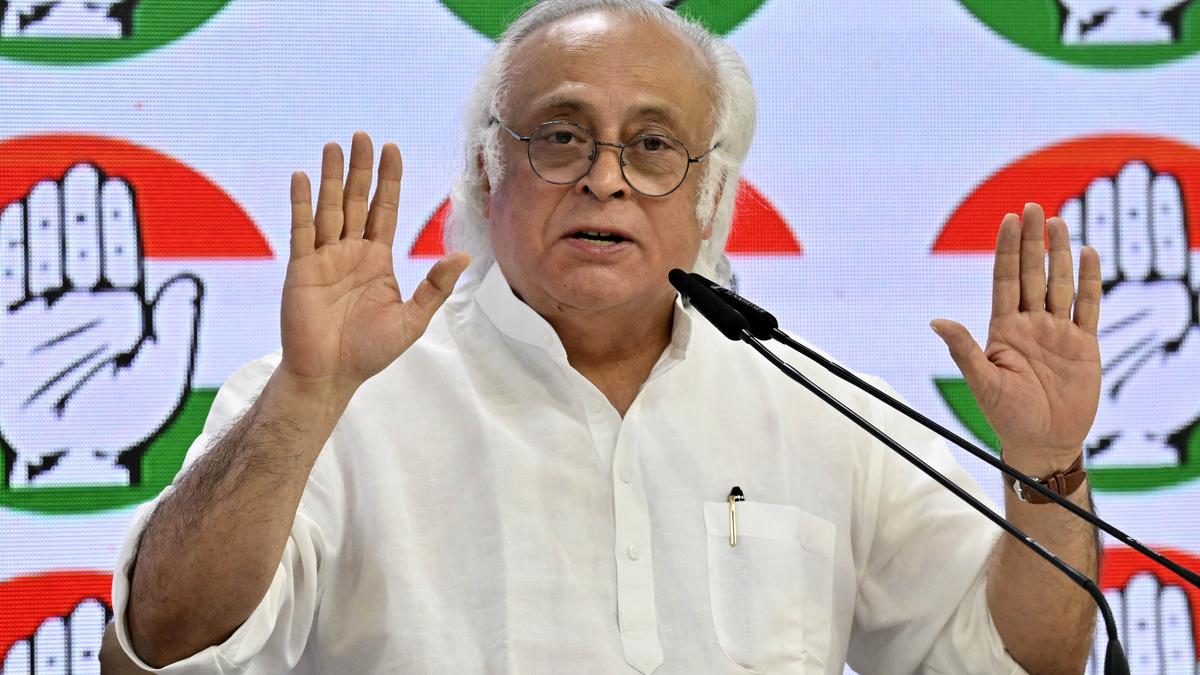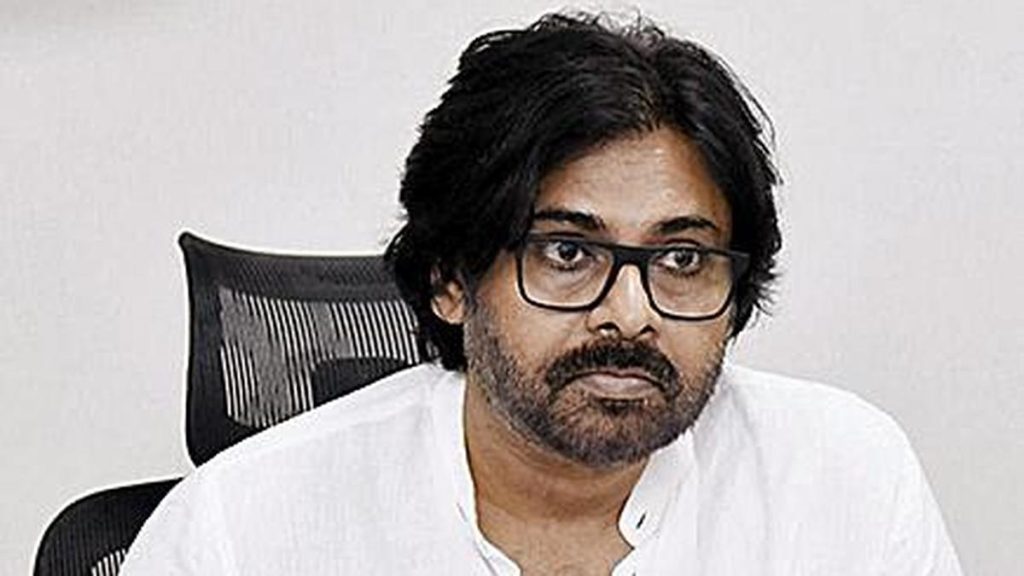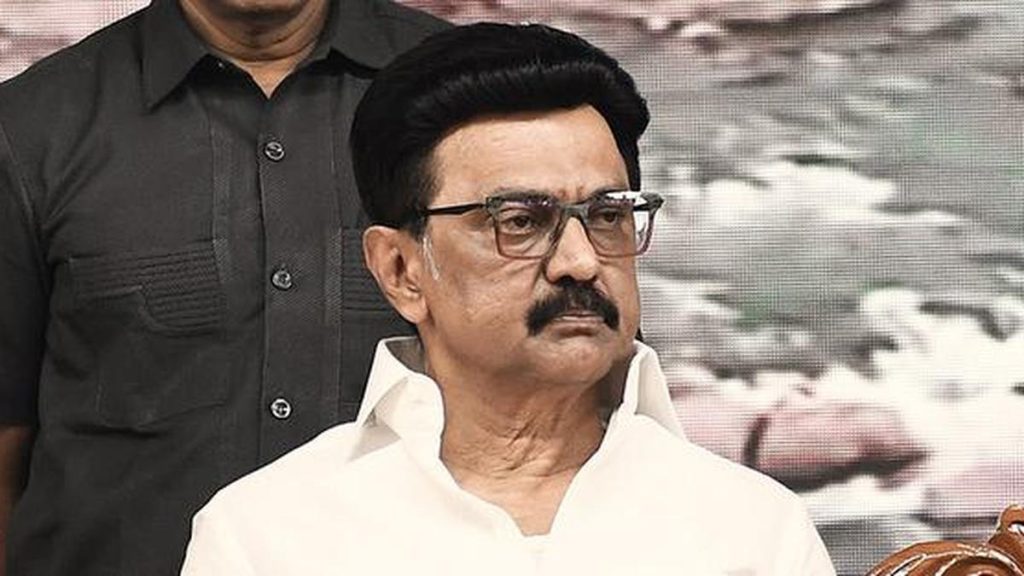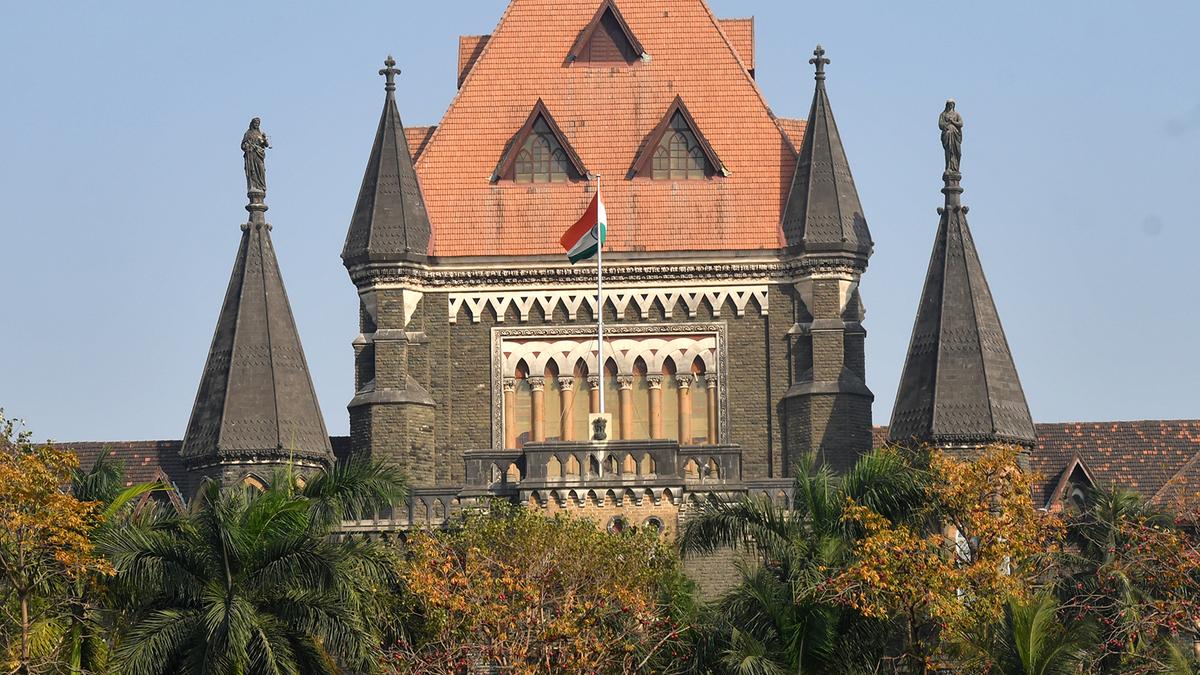Now Reading: Congress Urges PM-Led All-Party Meeting on Indo-Pak Relations
-
01
Congress Urges PM-Led All-Party Meeting on Indo-Pak Relations
Congress Urges PM-Led All-Party Meeting on Indo-Pak Relations

Speedy Summary
- Congress demanded an all-party meeting chaired by the PM and a special session of Parliament to discuss several critical issues, including the Pahalgam incident, Operation Sindoor, and recent ceasefire understandings with Pakistan.
- India and Pakistan agreed to stop all firings and military actions across land, air, and sea following four days of intense cross-border drone and missile strikes.
- U.S. Secretary of state Marco Rubio mentioned talks between India and Pakistan at a “neutral site,” raising concerns about potential third-party mediation among Indian political leaders.
- Congress general secretary Jairam Ramesh questioned whether diplomatic channels with Pakistan were reopened or if there had been deviations from prior agreements like the Simla Agreement.
- The Ministry of Data and Broadcasting refuted claims that talks would be held on other issues or places beyond what has already been announced.
- Remarks by former army chiefs V.P. Malik and Manoj Narwane were cited as demanding clarity from the Prime Minister on Indo-Pak relations.
- Jairam Ramesh invoked comparisons to Indira Gandhi’s leadership during crises to highlight past precedents in handling challenges diplomatically.
Indian Opinion Analysis
India’s decision to agree on ceasefire terms with Pakistan represents both an immediate relief amid escalating tensions but also raises wider questions about its foreign policy approach, especially given references to “neutral sites” for bilateral discussions as suggested by U.S. Secretary of State Rubio. While de-escalation is undeniably beneficial for regional stability, remarks by Congress leaders questioning third-party involvement underscore lingering skepticism within political circles regarding India’s adherence to foundational agreements like the Simla Accord.
The call for an all-party meeting reflects the need for unified national discussion when handling sensitive geopolitical shifts such as reopening diplomatic dialog channels with Islamabad-wich could redefine existing protocols governing these interactions.
Additionally, referencing historic resolutions under leaderships such as Indira Gandhi offers lessons in negotiating strength while maintaining sovereignty against external pressures-a consideration relevant today given international mentions regarding “mediation” mechanisms between longstanding adversaries like India-Pakistan.




























